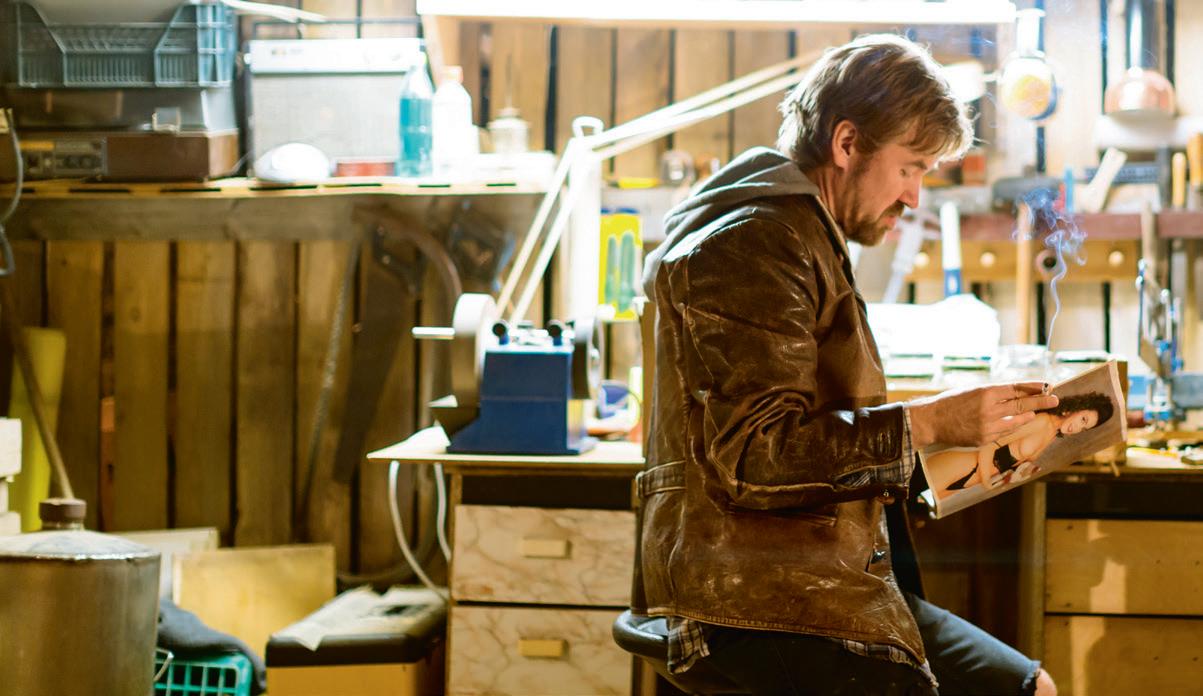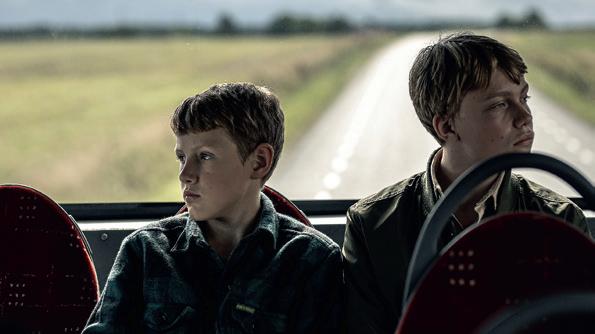REVIEW
On the Big Screen
Estonian Man’s Burden Estonian man has been the butt of many jokes. No wonder, because he’s quite a comical character from certain angles. Have you heard the old joke about an Estonian who loved his wife so much that he almost told her?
A
ccording to natural laws, incontestable forces beyond our control, every brighteyed, sensitive and lovely boy is likely bound to become a sighing grown-up male individual on a couch, with ugly pants and few words, whose burden is only slightly lifted in the blissful zone between the third and fifth beers, where said individual can end up with a lower or higher frequency, depending on the exis-
34
ESTONIAN FILM
Ink Big! The critics have done their job
tential arrangement. The circle of life. In his debut feature Rain, Janno Jürgens (who has dedicated the film to his brothers) has concentrated on this glum and joyless circle handed down from generation to generation, and its pattern of complete inability to express your feelings. The only familial ties are solidarity born out of mutual sufferings at best, or time spent together consuming unhealthy food products prepared by the female
counterpart of the family, at worst. Discomfort, unspoken problems, loneliness amongst the crowd. Jürgens explores this model by example of a rather typical Estonian small-town family and tries to figure out how it works and why it is passed on. There are three men in the middle of the story – elderly and gray Kalju (Rein Oja), Rain (Indrek Ojari), a man in his late thirties, and Ats (Marcus Borkmann) in his early teens. They all represent different generations, and different periods in time. The title seems to imply that Rain is seen as the protagonist, but as the worn-down prodigal son returning home to his parents’ house, he is mostly a catalyst, the initiator of events. Jürgens’ story (co-written













